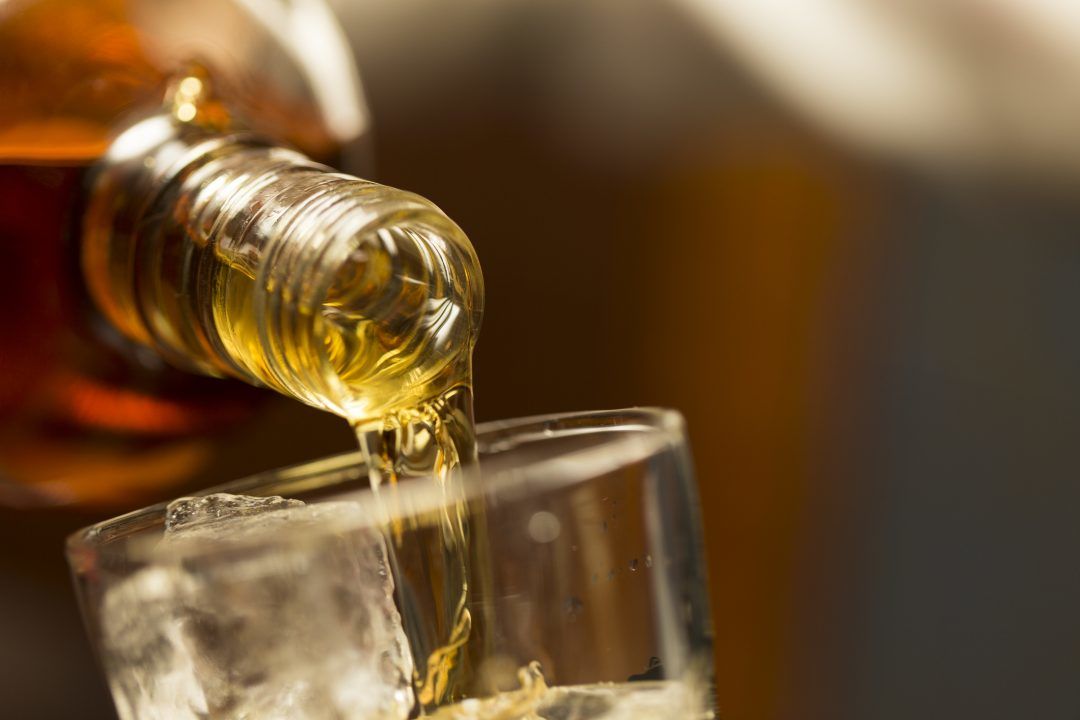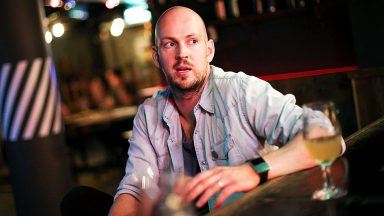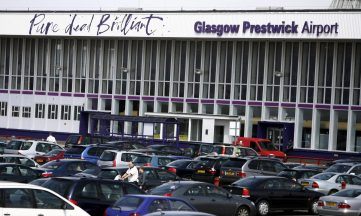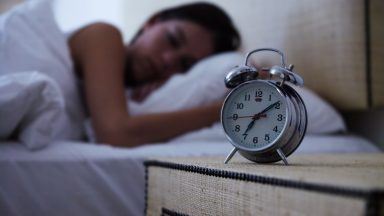The Scottish Government is being urged to ban alcohol sponsorship in sport, as a new study found those watching rugby’s Calcutta Cup clash could have seen almost 1000 references to alcohol.
Researchers at the University of Stirling found that 961 separate references were seen to alcohol during last year’s game, in which England defeated Scotland 13-6 at Murrayfield – amounting to one every 12 seconds.
The Ireland v Wales game in the Six Nations meanwhile contained 754 references to drink, one every 15 seconds, according to the research, which looked at the prevalence of alcohol advertising in the Guinness Six Nations Rugby Championship.
Elinor Jayne, the director of Scottish Health Action on Alcohol Problems (SHAAP), argued it was “totally incongruous” to have a “health harming product” such as alcohol linked with sports.
And she insisted that a ban on sports sponsorship by drinks companies “would be a major step towards a fairer, healthier Scotland”.
Previous research has shown that children exposed to alcohol advertising are more likely to start drinking at a younger age, and drink more heavily in later life.
But the UK currently has no legislative restrictions on alcohol firms sponsoring sporting teams or events, with marketing of drinks self-regulated by the industry.
While the self-regulation code states that “drinks companies must ensure there is a recognisable commitment to promoting responsible drinking”, the Stirling University research found only 3.5% of references to the alcohol sponsor contained such a message in Ireland v Scotland clash – with this falling to 0.4% of references when Scotland played England.
Ireland, however, is set to bring in restrictions on alcohol marketing in sport from November 12 2021 – including a ban on drink advertisements in or on a sports area during a sporting event.
A watershed will also be introduced, banning ads on TV and radio between the hours of 3am and 9pm.
As the research – carried out for SHAAP together with the Institute of Alcohol Studies (IAS) and Alcohol Action Ireland – was published, there were calls for Scottish ministers to act.
Jayne said: “As a society we are used to alcohol companies sponsoring sports, yet it is totally incongruous to have this intrinsically health-harming product associated with a healthy activity.
“The alcohol industry’s involvement in sports sponsorship has been shown to increase the chances of today’s children being harmed by alcohol in the future, which means this sponsorship is working as intended: the alcohol industry needs to recruit future consumers.
“Taking into consideration the alcohol industry’s laissez faire approach to self-regulation, this research should serve as a reminder to the Scottish Government of just how much needs to be done to break the link between alcohol and sports, starting with a ban on sponsorship.”
She added: “Restricting marketing of alcohol – and a ban on sports sponsorship – would be a major step towards a fairer, healthier Scotland, and I urge the Scottish Government to take this forward in its plans for reforms of alcohol marketing in Scotland.”
Scotland’s ublic health minister Maree Todd said: “We know that children and young people in Scotland see alcohol advertising and promotion in a variety of ways – on social media, when attending sporting events or concerts as well as on billboards, buses and at train stations.
“This has the potential to further embed alcohol into our culture. There is a direct causal link between exposure to alcohol marketing and children and young people starting to drink alcohol – or drinking more alcohol if they have already started to drink.
“That is why our Alcohol Framework contains an action to consult on devolved restrictions on alcohol marketing to protect vulnerable groups including children and young people and those in recovery.”
Todd said: “We will consult on potential alcohol marketing restrictions in 2022 and put young people’s voices at the centre of our proposals. We are in the early stages of considering potential proposals.”
Follow STV News on WhatsApp
Scan the QR code on your mobile device for all the latest news from around the country


 iStock
iStock


























